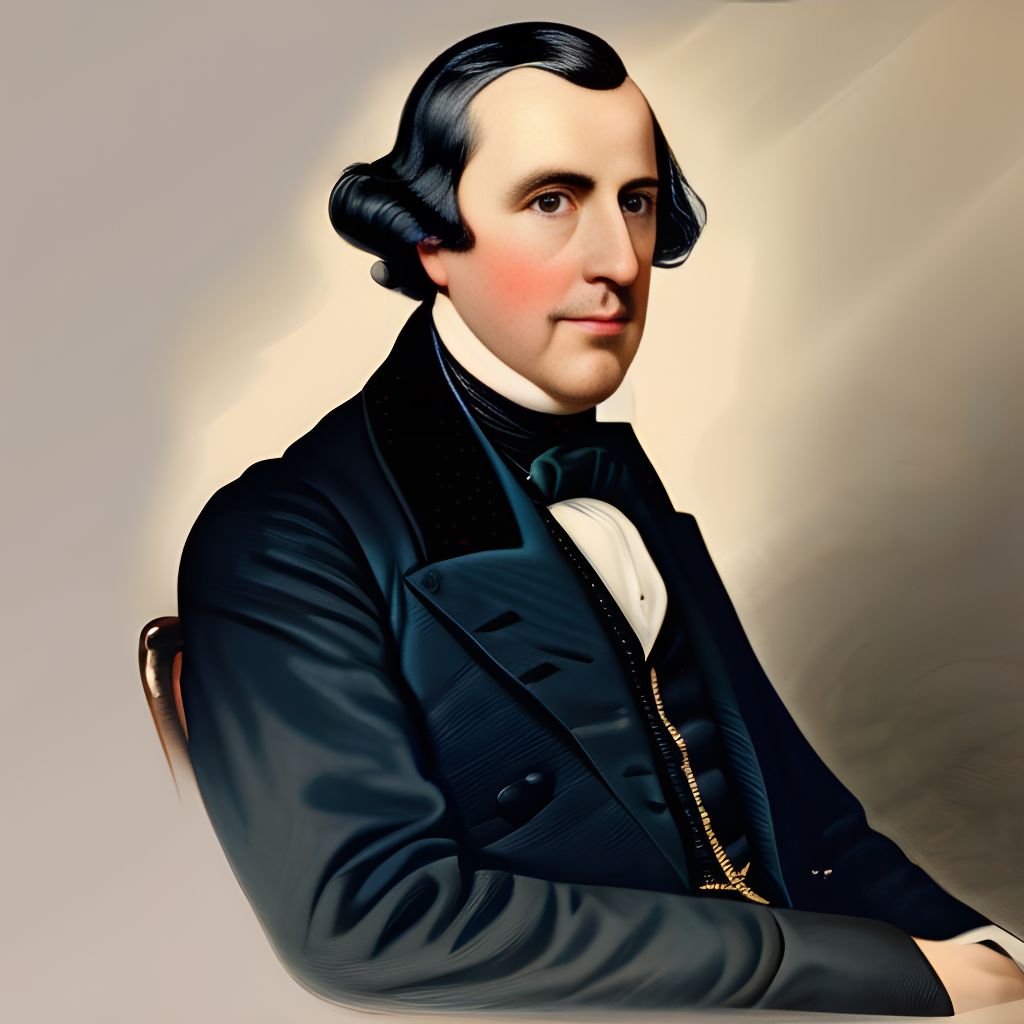232 reads
How Xanthias the Alexandrine said that the philosophy of Jesus aimed at the taking in of the Gentile
by
October 27th, 2023
Audio Presented by

Edwin Abbott Abbott FBA was an English schoolmaster, theologian, and Anglican priest, and author.
About Author
Edwin Abbott Abbott FBA was an English schoolmaster, theologian, and Anglican priest, and author.
